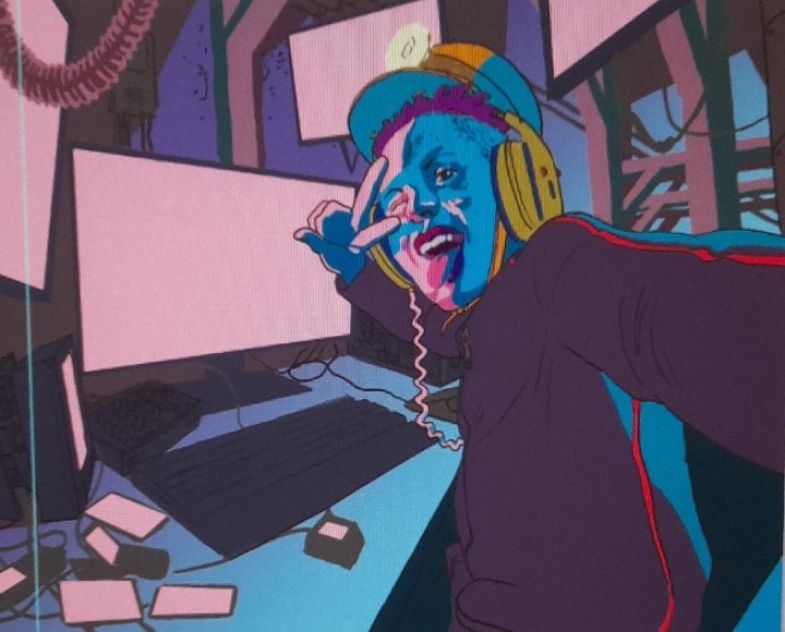
An exciting collaboration is currently underway between Dr Edward King, co-director of the University of Bristol’s Centre for Creative Technologies with artists and non-profit organizations in Brazil to create a video game that will enhance digital literacy skills.
The goal of the project is to raise awareness about the dangers of disinformation and to provide an accessible, engaging, free, and enjoyable educational resource that will encourage young people to think critically about these issues through digital play.
The research is particularly important given events, such as the presidential elections in Brazil in 2018, where disinformation played a critical role in the rise of President Jair Bolsonaro. It was also a significant factor in the consolidation of cultures of denial during the COVID-19 pandemic.
The project involves developing a prototype of a video game called 'Futuro Chama,' which uses a science fiction plot to encourage young people to think critically about the spread of disinformation through social media. The game was developed in collaboration with a group of digital artists led by Rafael Coutinho and members of non-profit organizations based across Brazil.
The initial users of the game will be the same organizations that contributed to the development of the game. They will use 'Futuro Chama' during digital literacy workshops to support the development of digital literacies among marginalised communities. The game will also be distributed more widely through social media networks to raise public awareness of the dangers of misinformation.
The project has already received funding from the Economic and Social Research Council and the Arts and Humanities Research Council and beta testing will begin soon. The project aims to support organizations tackling disinformation at the level of its reception, particularly among marginalized communities, and will provide an innovative and exciting approach to digital literacy education.
The Centre for Creative Technologies provides a focus for colleagues across the Faculty of Arts working with or on creative technologies – whether analogue or digital – from film and print to gaming and VR. The expertise of the centre is interdisciplinary, ranging from engineering, computer science, psychology and the creative arts. Find out more about their work, study opportunities and other research news from the Faculty of Arts.
























